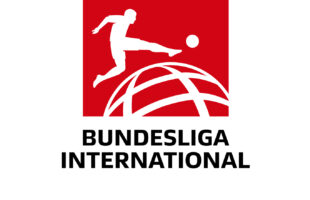Hilversum – First on air in The Netherlands in 2012, The Voice Kids has already realised an impressive list of close to 25 local productions. A successful stand-alone primetime format in its own right, the format is proving to be as successful, if not more so, than phenomenal worldwide hit The Voice.
The feel-good, family-oriented show has gone from strength to strength in the ratings worldwide. In the U.S., La Voz Kids ranks No.1 in Spanish language TV on Sunday evenings, and on Telecinco in Spain, the programme has attracted the most viewers for an entertainment show since 2005. In the Philippines, the show has outscored the already amazing Voice ratings with market shares of more than 60% on ABS-CBN. The show recently debuted on Nine in Australia with 1.652 million viewers across Australia’s five metro areas and even increased during the episode on June 29, which peaked at 2.079 million viewers.
The Voice Kids is also proving to be a clear-cut sponsorship success. In Australia, the ratings smash has media buyers and sponsors cheering. It’s proving to be such a hit that sponsors have had to rush to get extra stock on the store shelves. Says one media buyer: “The show is delivering ahead of expectations, and we expect it to grow further, as shows like this tend to build as resonance with the kids involved grows.”
“We’re seeing a major trend in ‘real’ formats with a positive angle. Viewers want to be entertained, but are clearly attaching more value to formats with a genuine core. This is, in our opinion, one of the key drivers of the success of The Voice Kids,” adds Maarten Meijs, Managing Director of Talpa International.
The Voice Kids features the same blind auditions and battles as on The Voice, except now focuses on the nation’s best young vocalists. Talented children in age from 8 to 14 get the opportunity to sing for the coaches, who are seated in their swivel chairs. The coaches have the same goal as in the adult version: they must try to get the most talented kid on their team. But whatever the results, the coaches only give positive reactions and constructive criticism.








